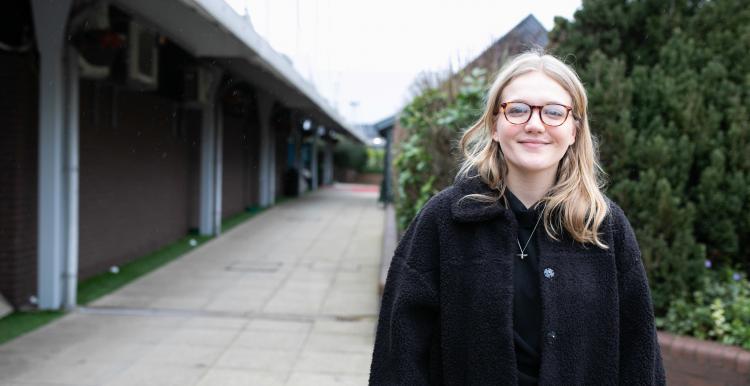Managing your mental health as lockdown eases

Last updated on 6 July 2021
Many of us have struggled with our mental health throughout the pandemic. But, while lockdown has been challenging, significant change, like current restrictions easing, can also affect how we're feeling.
It's important to remember that everyone will have a different response to coming out of lockdown. For example, you might be feeling:
- Anxious or afraid
- Low or sad
- Tired
- Stressed or unprepared
- Grief or loss
- Lonely
- Distrustful
- Powerless
- Under pressure
- Unsupported
How to manage how you're feeling
Take things at your own pace
Changes to restrictions can make things feel less certain than when we were in total lockdown. It might help to focus on things you can control instead of those you can't. Where possible, maintain your daily routine and prioritise your mental health.
Speak to others
Keeping in touch with your friends and family and talking through your concerns can help ease the stress caused by the pandemic. Check-in with people who you know may be worried or live alone. If you are very worried, contact a helpline for emotional support.
Speak to your GP
If you are struggling with your mental health, you can speak to your GP about getting help. Take a look at Mind's guidance for accessing treatment and support during the pandemic.
Keep moving
Being physically active is very important for your physical and mental health.
Any amount of physical activity, whether at home or indoors, can improve your mood and benefit wellbeing by helping to reduce stress and anxiety. Continuing to enjoy local walks, virtual fitness classes or gardening is a great way to stay active.
Speak to a mental health charity or organisation
There are lots of organisations that can help you.
Samaritans
If you need to speak to someone, you can call the Samaritans. They're always open and are there to listen.
116 123
Cruse
Cruse Bereavement Care provides bereavement support to people across the UK. If you need someone to talk to you can call the Cruse helpline. You can also speak to them if you've been bereaved as a result of Coronavirus.
0808 808 1677 - Monday-Friday 9.30-5 pm (excluding bank holidays), with extended hours on Tuesday, Wednesday and Thursday evenings, when they're open until 8 pm.
https://www.cruse.org.uk/coronavirus/cruse-services
Mind
Mind is a mental health charity that provides advice and support to empower anyone experiencing a mental health problem.
www.mind.org.uk/information-support/coronavirus-and-your-wellbeing/
Mental Health Foundation
The Mental Health Charity promotes good mental health for everyone.
www.mentalhealth.org.uk/publications/looking-after-your-mental-health-during-coronavirus-outbreak
Young Minds
Young Minds is a mental health charity for children and young people.
https://youngminds.org.uk/blog/what-to-do-if-you-re-anxious-about-coronavirus/
Tell us about your experience of care
Has your care been disrupted by COVID-19 and its impact on health and social care services? Whether it’s good or bad, we want to hear from you.
It only takes five minutes and your feedback can help NHS and social care services understand the steps they can take to improve care for you and your loved ones.


